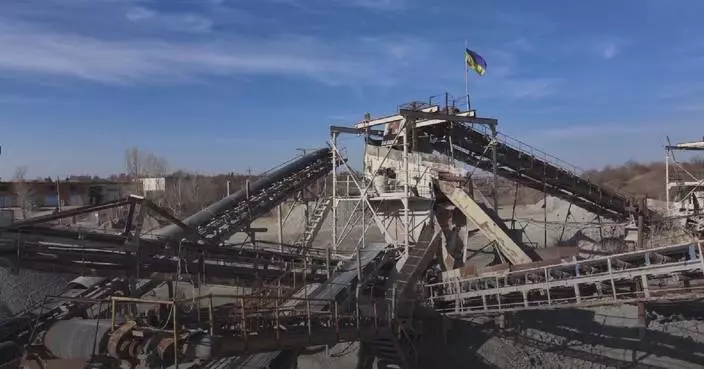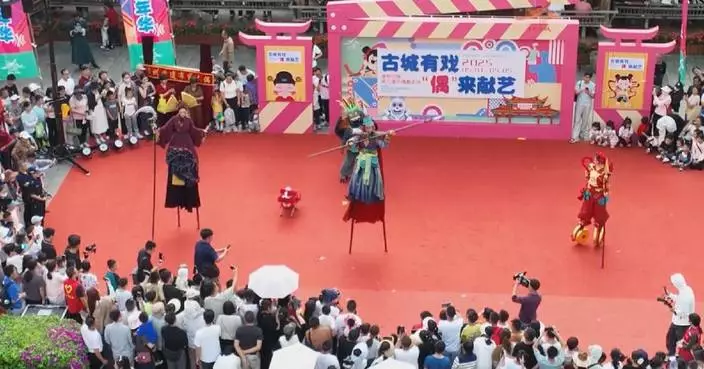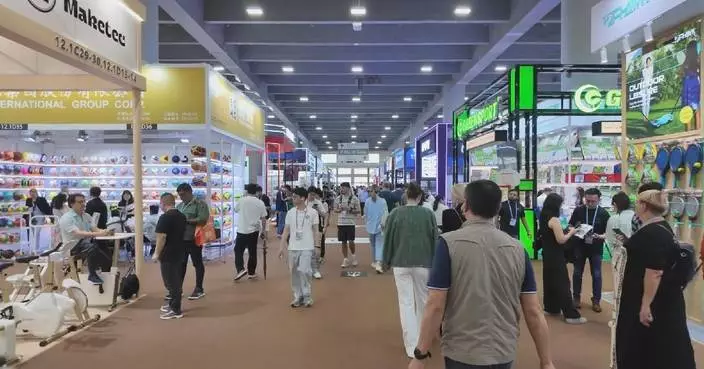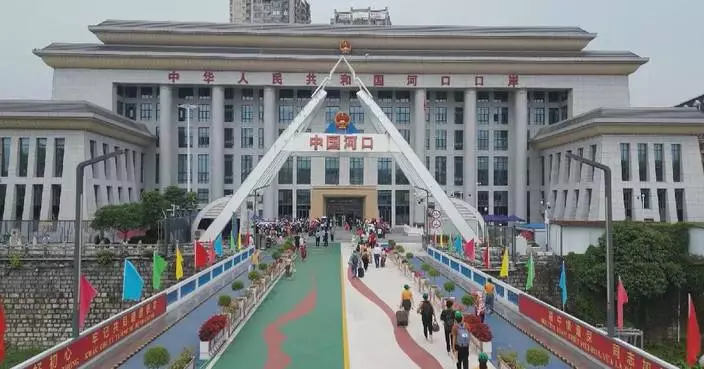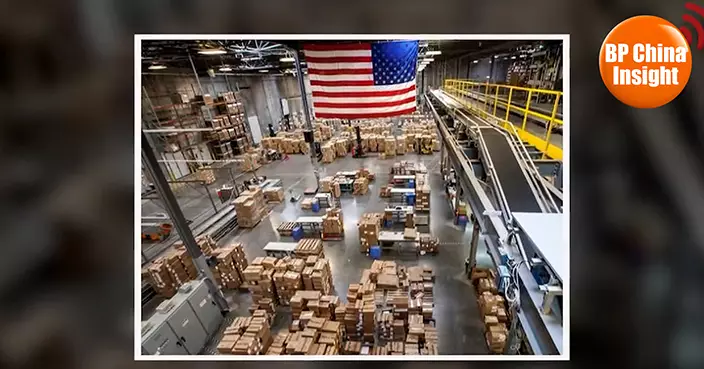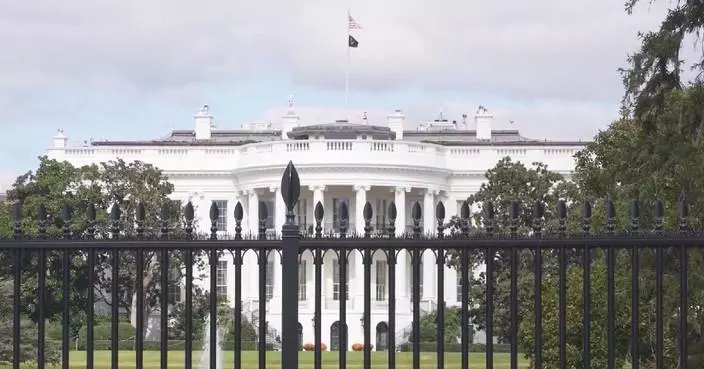A delegation of 26 religious leaders from 12 countries has concluded a visit to Buddhist sites in Beijing and Lhasa, capital of southwest China's Xizang Autonomous Region, seeking to foster exchanges across multiple sectors.
Their journey began at the Yonghegong Lama Temple in Beijing, where the religious leaders viewed a prominent Qing Dynasty (1644-1911) stone tablet.
Inscribed with an article by Emperor Qianlong in four languages, the obelisk symbolizes China's historical sovereignty over Xizang.
The visit included iconic locations like the Potala Palace in Lhasa.
Religious leaders from Nepal highlighted their country's strong ties with China and expressed a commitment to expanding cooperation in agriculture, technology, and other sectors.
"We are trying very hard to establish a relationship with China. And with the help of education, we can have the linkage in other aspects, in modernized agriculture, in technology, as we are a very good neighboring country," said Subarna Lal Bajracharya, vice chancellor of Lumbini Buddhist University in Nepal.
"Nepal and China, we have a very special relationship. Nepal and China are immediate neighbor countries, we support each other, we exchange culture, religions, peace and also the social harmony, people-to- people, we exchange all the time since many hundred years. We continue to have this wonderful relationship," said Lharkyal Lama, vice chairman of the Lumbini Development Committee of Nepal.
A Buddhist leader from Cambodia called for a united Buddhist community, drawing parallels to China's Belt and Road Initiative and emphasizing unity in diversity.
"We can build a Buddhist community between China and Southeast Asian countries, unity in diversity. Buddhism in Cambodia, Buddhism in Thailand or Sri Lanka or in China, this is different. But even though we are different, we can unite together to work, as the Chinese government they have the Belt and Road Initiative," said Vibol Penh, a member of the Secretariat of the Supreme Sangha Council of Cambodia.
Nishantha Pushpakumara Kandambige, an official from Sri Lanka's Ministry of Buddhasasana, Religious and Cultural Affairs, emphasized the potential for cultural and religious collaboration between Sri Lanka and China.
"So, we can create a good relationship on cultural, social and religious matters. Strengthening cultural activities, both countries' scholarships, and for the monks and other studies, people's students are discussing at the moment," he said.

Global religious leaders explore Buddhist heritage in China, seek to strengthen cross-cultural ties
Small- and medium-sized retailers across the United States "are getting hit the hardest" by disrupted supply chains, as U.S. tariff actions fuel market chaos and panic, a U.S. logistics industry insider based in China warned.
Sam Boyd, managing partner at Guided Imports -- a cross-border logistics company serving many American small businesses that rely on Chinese manufacturing -- told China Media Group (CMG) that the tariff policies introduced by the Trump administration have left many importers unsure about how to respond.
"Small- to medium-sized retailers and e-commerce companies, who are usually purchasing their goods close to when they're going out of stock, are getting hit the hardest. It's difficult for businesses to really understand what to do, so most of the businesses are just being forced to wait. And what they've learned over the last two-week period is that these escalations have no ceiling. The majority of our customers have opted to pause their shipments leaving from China. And the downside with this is that they're going to go out of stock," said Boyd.
According to the National Retail Federation (NRF), container imports to the U.S. are expected to fall by more than 20 percent year over year in the second half of 2025.
Boyd warned that the consequences of paused shipments could extend beyond inventory shortfalls, creating ripple effects that threaten port operations and U.S. domestic logistics.
"But there's an even more significant ripple effect that we're not quite aware of, which is: because so many businesses have chosen to pause their shipments and wait, we're creating a backup -- or a future backup -- that's going to be seen at U.S. ports. So let's say that there is going to be an event that solves this tariffs issue, and it's to everyone's liking enough that they can start placing orders again. By the time they all [those shipments] start arriving at the ports, it's going to create a surge. And this is going to create a surge in shipping costs, and it is going to create a surge in trucking within the U.S.," he said.
Boyd also questioned the U.S. government's repeated calls to bring manufacturing back home, arguing that such efforts are far from realistic given China's deep industrial capacity.
"The concept of reassuring is a very nice concept for those who are many degrees away from manufacturing. But China has so much experience with manufacturing that for any country -- whether it be the United States or one of China's neighbors that try to take over -- it's not going to be something that we can just flip a switch and all of a sudden, you know, a new country becomes the manufacturer," said Boyd.

Small-, medium-sized retailers "hit hardest" by U.S. tariff policy: logistics expert






